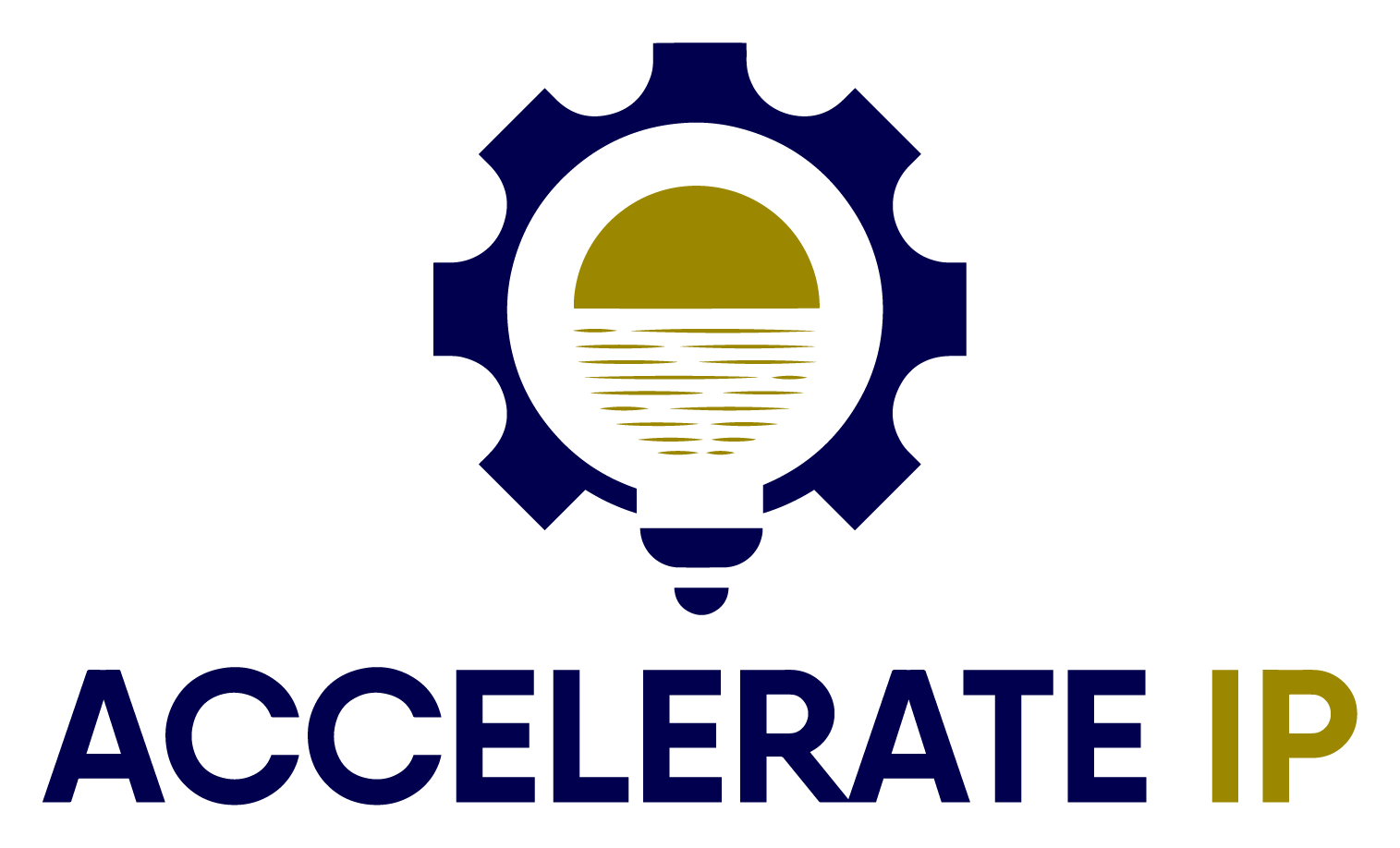Empowering Innovation with Legal Expertise
DMCA Compliance Guide: Protecting Your Website From Copyright Liability
DMCA Compliance Guide: Protecting Your Website From Copyright Liability
What is the Digital Millennium Copyright Act (DMCA)?
The Digital Millennium Copyright Act (DMCA) is a United States copyright law enacted in 1998 that addresses important aspects of copyright in the digital age. The DMCA amended U.S. copyright law to address the relationship between copyright and the internet, providing both protections and responsibilities for online service providers.
The DMCA has several key components, but for website owners and online service providers, the most important section is Title II, known as the "Online Copyright Infringement Liability Limitation Act" (OCILLA). This section established the "safe harbor" provisions that protect service providers from liability for copyright infringement committed by their users, provided they meet specific requirements.
Key aspects of the DMCA include:
- Safe harbor protections for online service providers against copyright infringement liability
- A notice-and-takedown system for addressing copyright infringement claims
- Provisions for counter-notifications when content is wrongfully removed
- Requirements for service providers to designate an agent to receive copyright complaints
- Protections against circumvention of technological measures used to protect copyrighted works
Understanding and implementing DMCA compliance measures is essential for any website or online platform that allows users to post, share, or upload content.
The Four DMCA Safe Harbors
Transitory Digital Network Communications
Protects service providers that simply transmit, route, or provide connections for material through their systems. This covers ISPs and other network operators who act as "mere conduits" for data transmission.
System Caching
Covers the automatic, intermediate, and temporary storage of material on a system or network. This protects services that cache content to improve performance and reduce bandwidth usage.
Information Storage (User Content)
Protects services that store material at the direction of users. This is the most relevant safe harbor for websites, hosting providers, and platforms where users can upload content.
Information Location Tools
Covers services that provide links, directories, indexes, or search tools that refer users to potentially infringing material. This protects search engines and similar services.
Requirements for DMCA Safe Harbor Protection
To qualify for safe harbor protection under the DMCA, online service providers must meet several requirements. These requirements vary somewhat depending on which safe harbor you're seeking, but the core requirements include:
Implement a Repeat Infringer Policy
You must adopt and reasonably implement a policy for terminating the accounts of users who are "repeat infringers." This policy should be clearly communicated to your users in your terms of service or a similar document.
Designate a DMCA Agent
You must designate an agent to receive takedown notices from copyright owners and register this agent with the U.S. Copyright Office. The registration must be renewed every three years and requires payment of a fee.
Publish Agent Contact Information
You must publish your DMCA agent's contact information on your website in a location that is accessible to the public. This typically includes the agent's name, physical address, phone number, and email address.
Respond to Valid Takedown Notices
Upon receiving a valid takedown notice, you must "expeditiously" remove or disable access to the allegedly infringing material. While "expeditiously" is not precisely defined, it generally means as quickly as reasonably possible.
Handle Counter-Notifications Properly
If you receive a counter-notification from a user whose content was removed, you must forward it to the copyright owner and restore the content after 10-14 business days unless the copyright owner files a lawsuit.
The DMCA Takedown Notice Process
The DMCA establishes a specific process for addressing claims of copyright infringement:
- Copyright owner submits a takedown notice: The process begins when a copyright owner or their agent sends a compliant takedown notice to the service provider's designated agent.
- Service provider removes content: Upon receiving a valid notice, the service provider must expeditiously remove or disable access to the allegedly infringing material.
- Service provider notifies the user: The service provider must take reasonable steps to promptly notify the user that their content has been removed.
- User may submit a counter-notification: If the user believes their content was wrongfully removed, they can submit a counter-notification to the service provider.
- Service provider forwards counter-notification: The service provider must promptly forward the counter-notification to the copyright owner.
- Copyright owner may file lawsuit: The copyright owner has 10-14 business days to file a lawsuit seeking a court order to restrain the user from engaging in infringing activity.
- Content is restored or remains down: If the copyright owner doesn't file a lawsuit, the service provider must restore the content. If a lawsuit is filed, the content remains down pending the outcome.
Elements of a Valid DMCA Takedown Notice
For a takedown notice to be legally effective under the DMCA, it must include substantially the following information:
- Physical or electronic signature: A signature of the copyright owner or person authorized to act on their behalf.
- Identification of the copyrighted work: A description of the copyrighted work claimed to have been infringed.
- Identification of the infringing material: Information reasonably sufficient to permit the service provider to locate the material (such as a URL).
- Contact information: Information reasonably sufficient to permit the service provider to contact the complaining party (address, telephone number, email).
- Good faith statement: A statement that the complaining party has a good faith belief that use of the material is not authorized by the copyright owner, its agent, or the law.
- Accuracy statement: A statement that the information in the notification is accurate, and under penalty of perjury, that the complaining party is authorized to act on behalf of the copyright owner.
Implementing DMCA Compliance for Your Website
DO: Register a DMCA Agent
Register your DMCA agent with the U.S. Copyright Office using their online registration system. The fee is relatively small ($6 per designation), and registrations must be renewed every three years.
DON'T: Ignore Takedown Notices
Failing to respond to valid takedown notices could result in losing your safe harbor protection and expose you to liability for copyright infringement claims.
DO: Create a DMCA Policy Page
Create a dedicated page on your website that explains your DMCA policy, provides your agent's contact information, and outlines the process for submitting takedown notices and counter-notifications.
DON'T: Act on Incomplete Notices
If you receive an incomplete takedown notice that doesn't comply with DMCA requirements, you're not obligated to act on it. However, it's good practice to inform the sender of the deficiencies.
DO: Document Everything
Keep thorough records of all DMCA notices received, actions taken, communications with users, and counter-notifications. This documentation can be crucial if your compliance is ever questioned.
DON'T: Ignore Red Flag Knowledge
Even without receiving a formal takedown notice, you may lose safe harbor protection if you have "actual knowledge" of infringement or are aware of facts that make infringement apparent ("red flag" knowledge).
Sample DMCA Policy Template
Below is a sample DMCA policy that you can adapt for your own website. This is just a starting point and should be customized to fit your specific needs:
DMCA Copyright Infringement Policy
[Your Company/Website Name] respects the intellectual property rights of others and expects its users to do the same. In accordance with the Digital Millennium Copyright Act of 1998 ("DMCA"), we will respond expeditiously to claims of copyright infringement that are reported to our designated copyright agent.
DMCA Notice of Alleged Infringement
If you believe that your copyrighted work has been copied in a way that constitutes copyright infringement and is accessible on our website, please notify our copyright agent as set forth in the DMCA. For your complaint to be valid under the DMCA, you must provide the following information in writing:
- A physical or electronic signature of a person authorized to act on behalf of the owner of an exclusive right that is allegedly infringed.
- Identification of the copyrighted work claimed to have been infringed.
- Identification of the material that is claimed to be infringing or to be the subject of infringing activity and that is to be removed or access to which is to be disabled, and information reasonably sufficient to permit us to locate the material.
- Information reasonably sufficient to permit us to contact you, such as an address, telephone number, and, if available, an email address.
- A statement that you have a good faith belief that use of the material in the manner complained of is not authorized by the copyright owner, its agent, or the law.
- A statement that the information in the notification is accurate, and under penalty of perjury, that you are authorized to act on behalf of the owner of an exclusive right that is allegedly infringed.
You may send your Notice of Alleged Infringement to:
[DMCA Agent Name]
[Your Company Name]
[Physical Address]
[Email Address]
[Phone Number]
Counter-Notification
If you believe that your content that was removed (or to which access was disabled) is not infringing, or that you have the authorization from the copyright owner, the copyright owner's agent, or pursuant to the law, to post and use the material in your content, you may send a counter-notification containing the following information to our copyright agent:
- Your physical or electronic signature.
- Identification of the content that has been removed or to which access has been disabled and the location at which the content appeared before it was removed or disabled.
- A statement that you have a good faith belief that the content was removed or disabled as a result of mistake or a misidentification of the content.
- Your name, address, telephone number, and email address, and a statement that you consent to the jurisdiction of the federal court in [Your Jurisdiction] and a statement that you will accept service of process from the person who provided notification of the alleged infringement.
If a counter-notification is received by our copyright agent, we may send a copy of the counter-notification to the original complaining party informing that person that we may replace the removed content or cease disabling it in 10 business days. Unless the copyright owner files an action seeking a court order against the content provider, member or user, the removed content may be replaced, or access to it restored, in 10 to 14 business days or more after receipt of the counter-notice, at our sole discretion.
Repeat Infringer Policy
In accordance with the DMCA and other applicable law, we have adopted a policy of terminating, in appropriate circumstances and at our sole discretion, users who are deemed to be repeat infringers. We may also at our sole discretion limit access to our website and/or terminate the accounts of any users who infringe any intellectual property rights of others, whether or not there is any repeat infringement.
Consequences of Non-Compliance
Failing to comply with DMCA requirements can have serious consequences:
- Loss of safe harbor protection: Without safe harbor protection, you may be held liable for copyright infringement committed by your users.
- Monetary damages: Copyright infringement can result in statutory damages of up to $150,000 per work for willful infringement.
- Legal costs: Defending against copyright infringement claims can be expensive, even if you ultimately prevail.
- Injunctions: Courts can issue injunctions to stop infringing activities, potentially disrupting your business operations.
- Reputational damage: Being involved in copyright disputes can harm your reputation and credibility with users and partners.
The cost and effort of implementing proper DMCA compliance measures are minimal compared to the potential liability and consequences of non-compliance.
Disclaimer
The information provided on this page is for general informational purposes only and does not constitute legal advice. This content should not be used as a substitute for competent legal advice from a licensed attorney in your jurisdiction. Copyright laws vary by country and region, and specific legal situations require personalized professional guidance. Please consult with a qualified intellectual property attorney before making any decisions regarding DMCA compliance, copyright matters, or implementing policies for your website or online service.


